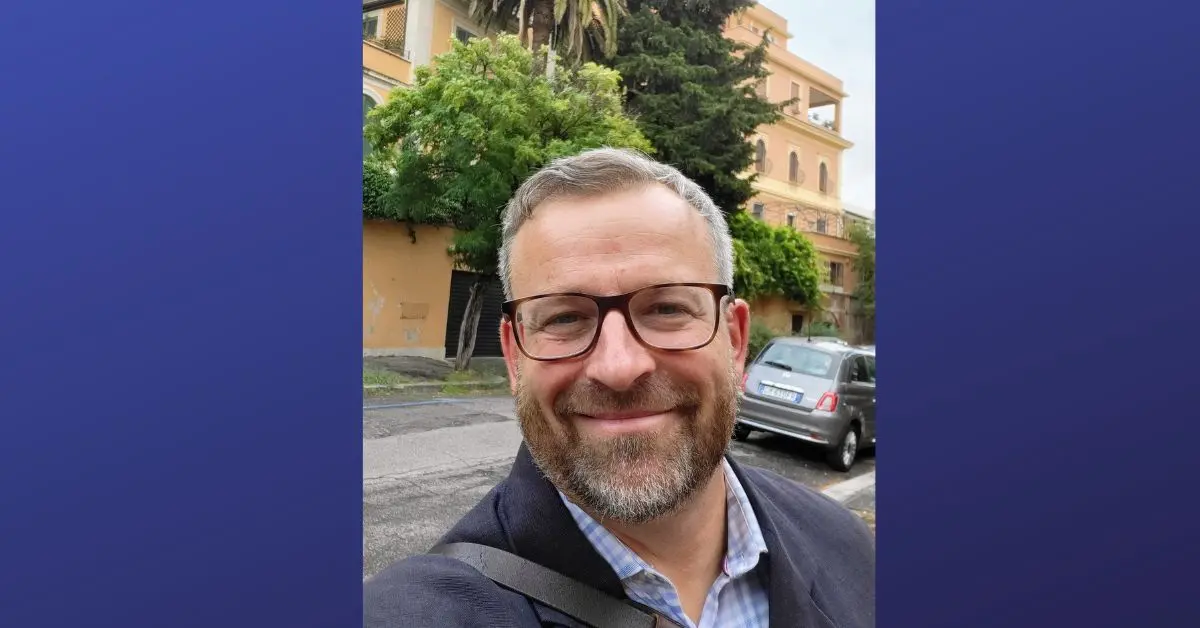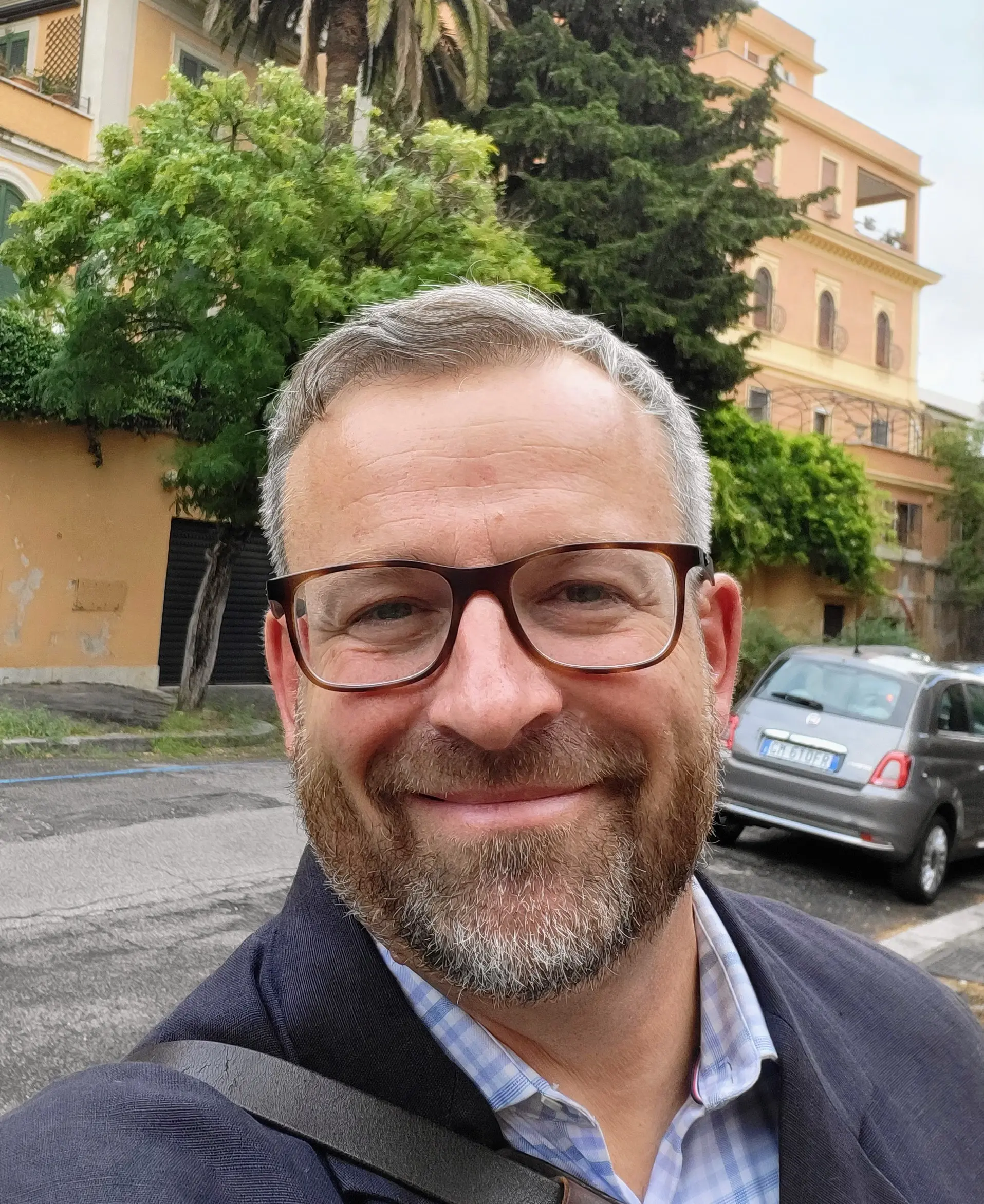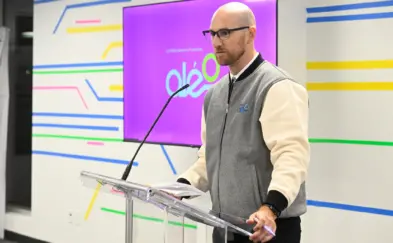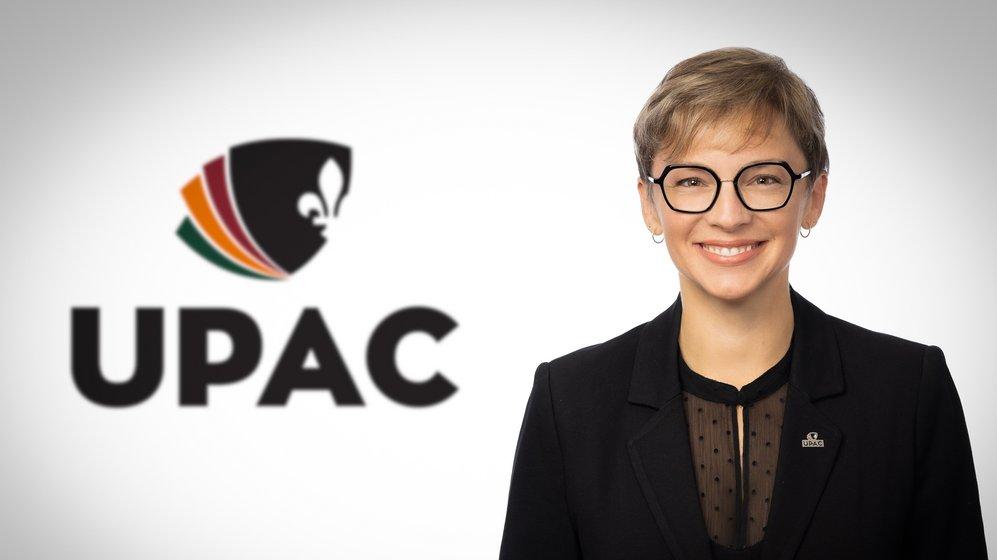After starting with a management consulting firm in Montreal, Dominic Schofield, (Social Science, 1990), has dedicated his life to work on some of the largest and most complex development challenges through the non-profit sector, holding positions at UNICEF and the Global Alliance for Improved Nutrition (GAIN), among others.
Throughout his career, Schofield has worked primarily on mobilizing businesses to have a positive social impact, mainly in the area of food and nutrition security in Africa, Latin America, and Asia.
“If we want to help small holder farmers out of poverty, it’s about making them better businesspeople, helping them become more sustainable, helping them thrive,” he said.
He also founded his own organization called The Future Food Platform which provides strategic consulting, technical expertise and investment to startups and large companies and organizations around the world that aim to improve the quality, sustainability and equity of food systems.
As a Global Programme Director at US-based non-profit TechnoServe, Schofield leads the Inspiring Good Nutrition Initiatives Through Enterprise (IGNITE) programme. The programme is supported by the Bill and Melinda Gates Foundation and works with industry operating in eight countries in Africa and Asia to improve the nutritional quality of staple foods.
“Last year, nearly 200 million people went to bed hungry, mostly women and children. Over 5 million children under the age of 5 died, where malnutrition was the underlying cause for more than two thirds of them. More than 2 billion people suffer from overweight and obesity and 3 billion people worldwide suffer from vitamin and mineral deficiencies. The numbers are huge and no single organisation or sector can solve the problem. We have to be ‘all hands on deck’ to scale-up creative, sustainable solutions, and the private sector has a major role to play.”
Schofield explained that the IGNITE program works with food processors to add vitamins and minerals into staple foods as they grow their operations.
Schofield began his career as a management consultant when he was still studying at McGill University in Geography and Urban Planning. He said he discovered an interest in Geography while still a student at Champlain Saint-Lambert and wanted to pursue it during his bachelor’s degree.











